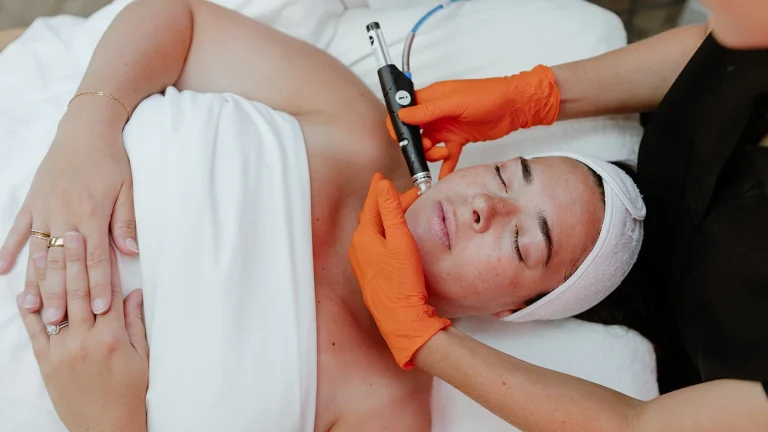Abnormal vaginal bleeding occurs after sex, after menopause, or even between menstrual periods. Menstrual bleeding that is heavier than normal or lasts longer than seven days may also be considered abnormal bleeding. Therefore, if you have such an issue, it is imperative for you to seek the assistance of a Frisco gynecology expert for diagnosis and treatment. You can expect the doctor to perform a pelvic exam, physical exam, and do other tests to determine if you are pregnant or if you possibly have a sexually transmitted infection. Imaging tests, such as transvaginal ultrasound, endometrial biopsy, Pelvic MRA, or ultrasound of the uterus may also be done to help with diagnosis.
Causes of Abnormal Bleeding
There are a number of things that can cause abnormal bleeding. Pregnancy is one of the most common causes. Fibroids or polyps in the uterus are also known to cause bleeding. In some rare cases, abnormal bleeding may result from issues such as cancer of the uterus, infection of the cervix, or even a thyroid problem.
In most women, abnormal bleeding is caused by hormone imbalances. When the problem has to do with hormones, it is usually known as DUB abnormal bleeding or dysfunctional uterine bleeding. This type of abnormal bleeding mostly affects women approaching menopause or teenagers. Abnormal bleeding among women who are past menopause is usually caused by hormone replacement therapy. Clearly, although abnormal bleeding can affect women of all ages, its causes can vary depending on age.

Diagnosis
When you go to your doctor with symptoms of abnormal bleeding, the doctor may order a number of tests depending on your age. For instance, if there is a chance that you could be pregnant, then you may have to undergo a pregnancy test. If your periods are heavier or longer than usual, you may have to undergo a blood count test. If your blood count is lower than normal, it could lead to anemia or iron deficiency. The pelvic area may also have to be examined through ultrasound or other imaging tests to see what could be causing excessive bleeding.
Treatment
Depending on the cause of abnormal bleeding, the patient’s age, and whether the patient wants to get pregnant in the near future or not, there are a number of ways in which abnormal bleeding can be treated. For instance, if the issue is heavy bleeding during periods, it can be treated with birth control pills, which can prevent the lining of the uterus from becoming too thick. Other possible treatments for abnormal bleeding include hysterectomy, dilatation and curettage, and Endometrial ablation, among others.
The Takeaway
Overall, it is apparent that abnormal bleeding is quite a prevalent issue among women of all ages, and it can result from a number of causes, some of which can be quite serious. Luckily, it is a problem that can be treated. Therefore, it is imperative for people experiencing the issue to seek the assistance of a reliable OB/GYN for diagnosis and treatment. If you are looking for a dependable OB/GYN to help you in dealing with abnormal bleeding problems, Centennial OBGYN PA is the best facility to visit. Feel free to contact them today for more information about their services.














